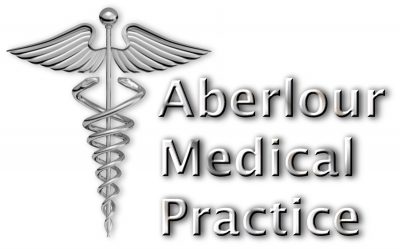Sorry, we're closed

Tests & Results
General Information
When you attend for a test of any kind you will be told how long you should expect to wait for the results; and we would ask that you bear this in mind and only call the surgery after sufficient time has elapsed.
- Clinical Administrators pass messages – they do not offer clinical opinion.
- Clinical Administrators are not qualified to comment on results; and therefore it is your responsibility to check them and make any necessary follow-up appointment with the doctor.
- Clinical Administrators are only authorised to pass clinical information to patients on the express authority of the clinician. This will usually be annotated in the patient’s journal but may well be verbal consent as appropriate.
- We have a strict policy regarding confidentiality and data protection. Please respect that we will only give out results to the person to whom they relate; unless that person has given prior permission for their release or if we are aware that they are not capable of understanding them.
Blood Tests
A blood test is when a sample of blood is taken for testing in a laboratory. Blood tests have a wide range of uses and are one of the most common types of medical test. For example, a blood test can be used to:
- assess your general state of health
- confirm the presence of a bacterial or viral infection
- see how well certain organs, such as the liver and kidneys, are functioning
A blood test usually involves the phlebotomist taking a blood sample from a blood vessel in your arm. and the usual place for a sample is the inside of the elbow or wrist, where the veins are relatively close to the surface. Blood samples from children are most commonly taken from the back of the hand. The child’s hand will be anaesthetised (numbed) with a special cream before the sample is taken.
You can find out more about blood tests, their purpose and the way they are performed on the NHS Choices website.
X-Ray
An X-ray is a widely used diagnostic test to examine the inside of the body. X-rays are a very effective way of detecting problems with bones, such as fractures. They can also often identify problems with soft tissue, such as pneumonia or breast cancer.
If you have a X-ray, you will be asked to lie on a table or stand against a surface so that the part of your body being X-rayed is between the X-ray tube and the photographic plate.
An X-ray is usually carried out by a radiographer, a healthcare professional who specialises in using imaging technology, such as X-rays and ultrasound scanners.
You can find out more about x-ray tests, how they are performed, their function and the risks by visiting the NHS Choices website.
Opening Times
- Monday
08:00am to 06:00pm - Tuesday
08:00am to 06:00pm - Wednesday
08:00am to 06:00pm - Thursday
08:00am to 06:00pm - Friday
08:00am to 06:00pm - Saturday
CLOSED - Sunday
CLOSED




